“Why Won’t Fido Touch His Bowl? Unraveling the Mystery of Dogs Preferring Treats Over Meals”
## Introduction ##
Decoding Doggy Dining: Why Is My Pooch Turning Up His Nose at Dinner but Gobbling Treats?
Have you ever found yourself puzzled by your furry friend’s finicky eating habits? It’s a common conundrum among dog owners: “Why is my dog not eating his food but will eat treats?” We all want our pets to enjoy their meals, but sometimes they seem to have a mind of their own when it comes to dining preferences.
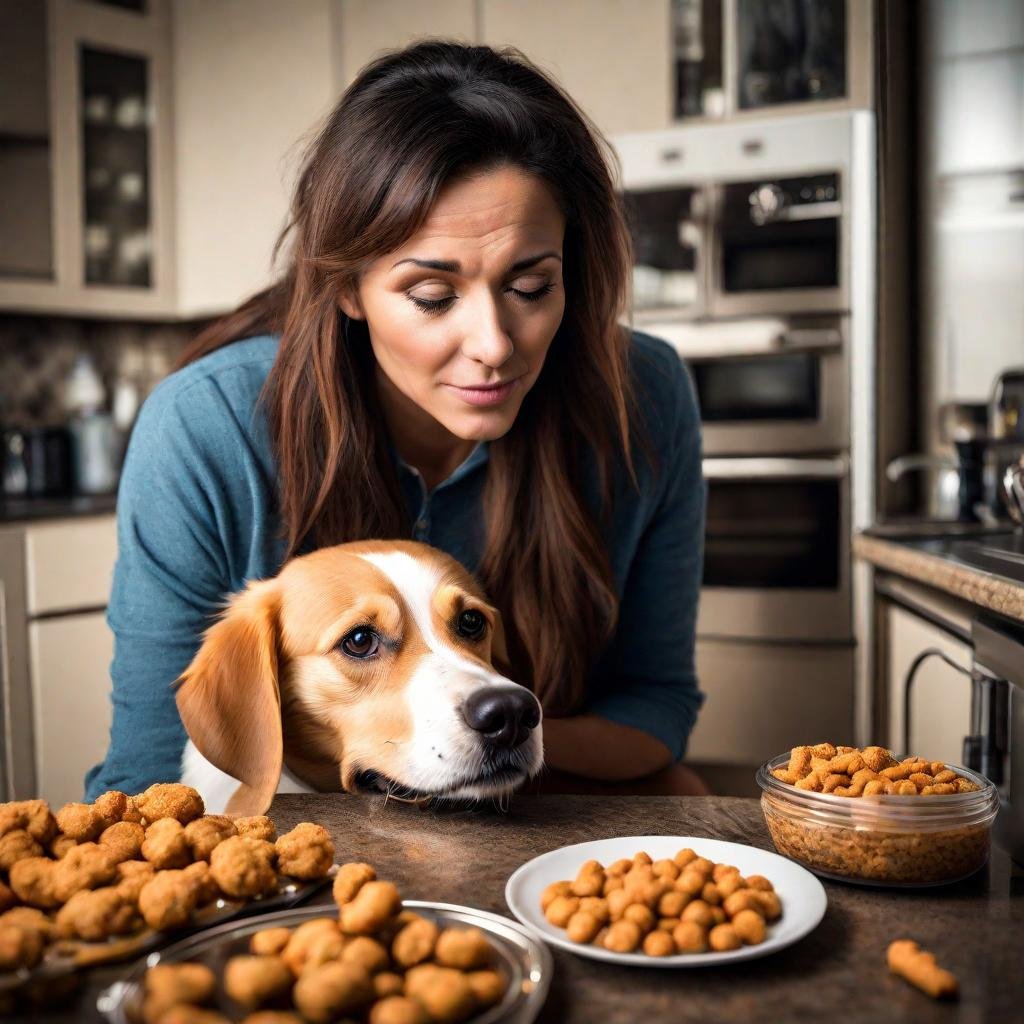
Table of Contents
Imagine this: you fill your dog’s bowl with nutritious, carefully selected food, but instead of eagerly diving in, your canine companion sniffs disdainfully and walks away. Yet, when you offer a simple treat, suddenly they’re all ears and paws, ready to devour it with gusto. What gives?
This behavior might leave you scratching your head, but fear not! There’s a logical explanation behind your dog’s selective palate, and it goes beyond mere fussiness. In this article, we’re going to delve into the intriguing world of dog dining behavior, exploring why your pooch might be turning up his nose at his regular meals while eagerly indulging in treats.
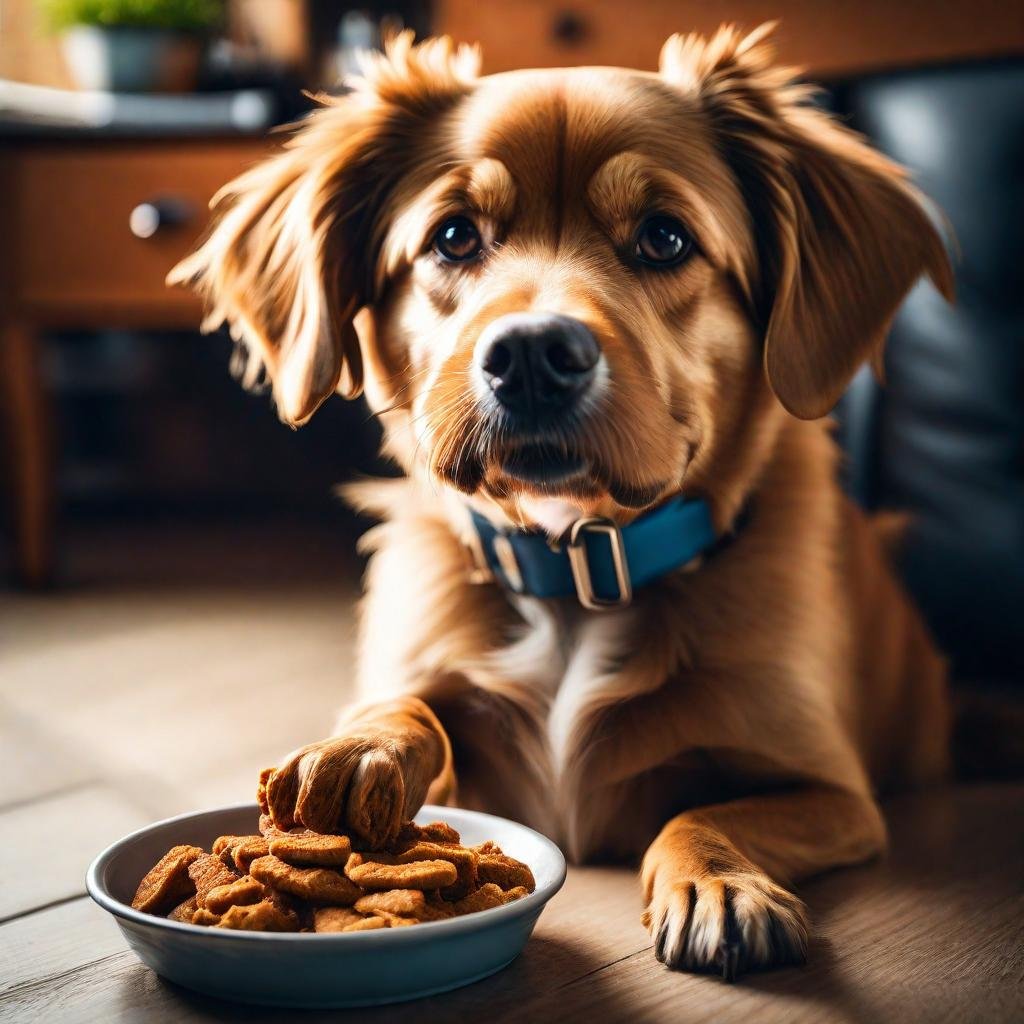
So, grab a cup of coffee, get cozy, and let’s embark on a journey to unravel the mystery of why your dog seems to prefer treats over his regular food.
## 1 of 5 ## Understanding the Difference Between Food and Treats :
Unique Understanding the Difference Between Food and Treats
When it comes to our canine companions, the distinction between food and treats isn’t just about taste—it’s a whole psychological experience. So, why is my dog not eating his food but will eat treats? Let’s break it down:
1. Nutritional Value:
Dog food is formulated to meet your pet’s dietary needs, providing essential nutrients for their health and well-being. Treats, on the other hand, are like the dessert of the dog world—tasty, but not always packed with the nutrients your dog needs to thrive.
2. Psychological Association:
Dogs are smart creatures that quickly learn the association between behaviors and outcomes. Regular meals may become routine, while treats are often linked to positive experiences like training sessions or rewards for good behavior.
3 . Texture and Taste:
While your dog’s regular food may be nutritious, it might not always tantalize their taste buds or offer the satisfying crunch they crave. Treats, on the other hand, often come in a variety of flavors and textures that can be more appealing to your pup.
Understanding these differences can help us navigate our furry friends’ dining preferences and ensure they’re getting the nutrition they need, even if they seem to favor treats over their regular meals. Exploring “why is my dog not eating his food but will eat treats” can provide valuable insights into their behavior and dietary choices, enabling us to make informed decisions for their well-being.
## 2 of 5 ## Possible Reasons Why Your Dog Isn’t Eating His Food :
Unique Possible Reasons Why Your Dog Isn’t Eating His Food
Curious about why your pup is snubbing his bowl but drooling over treats? Here are some potential reasons behind this puzzling behavior:
1. Health Issues:
Just like humans, dogs can experience dental problems, digestive issues, or even underlying health conditions that affect their appetite. Keep an eye out for signs of discomfort or unusual behavior.
2. Environmental Factors:
Changes in routine, new surroundings, or even stress can impact your dog’s appetite. Pay attention to any recent changes in their environment or daily routine that might be causing them anxiety.
3. Food Preferences:
Dogs, like humans, have their own preferences when it comes to food. They might not be enthusiastic about their regular kibble if they find it bland or unappetizing compared to treats.
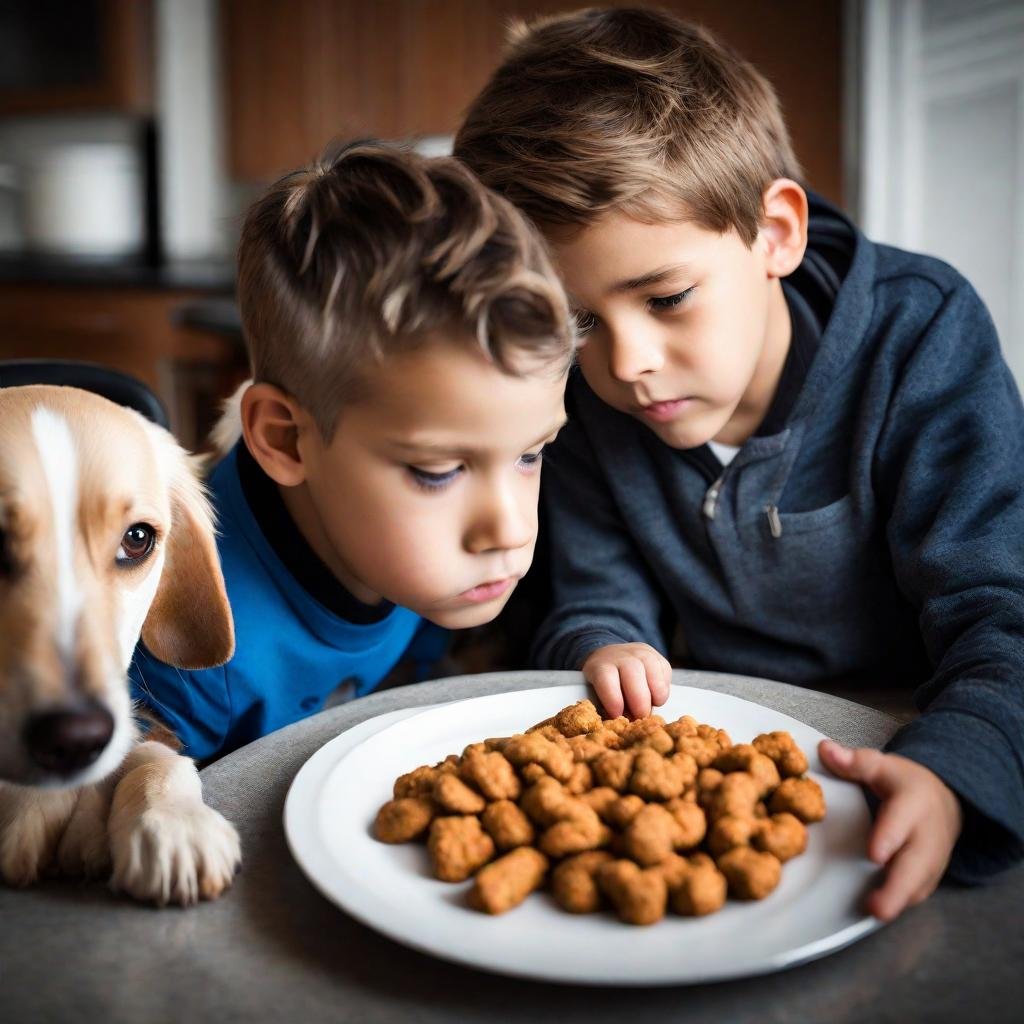
4. Association with Treats:
Dogs are smart creatures and quickly learn that treats are associated with positive experiences. If they receive treats during training sessions or as rewards, they may start to prefer them over their regular meals.
By understanding these potential reasons, you can better address your dog’s eating habits and ensure they’re receiving the nutrition they need to stay healthy and happy.
## 3 of 5 ## Why Dogs Prefer Treats Over Regular Food :
Unique Why Dogs Prefer Treats Over Regular Food
Ever wondered why your furry friend seems to turn his nose up at his regular meals but goes wild for treats? Let’s explore the reasons behind this fascinating phenomenon:
1. High-Value Rewards:
Treats often serve as special incentives for good behavior or during training sessions. Dogs quickly learn that treats are associated with positive experiences, making them more desirable than regular food.
2. Taste and Texture Preferences:
Just like humans, dogs have their own unique taste preferences. Treats come in a variety of flavors and textures, offering a more diverse and appealing dining experience compared to regular kibble.
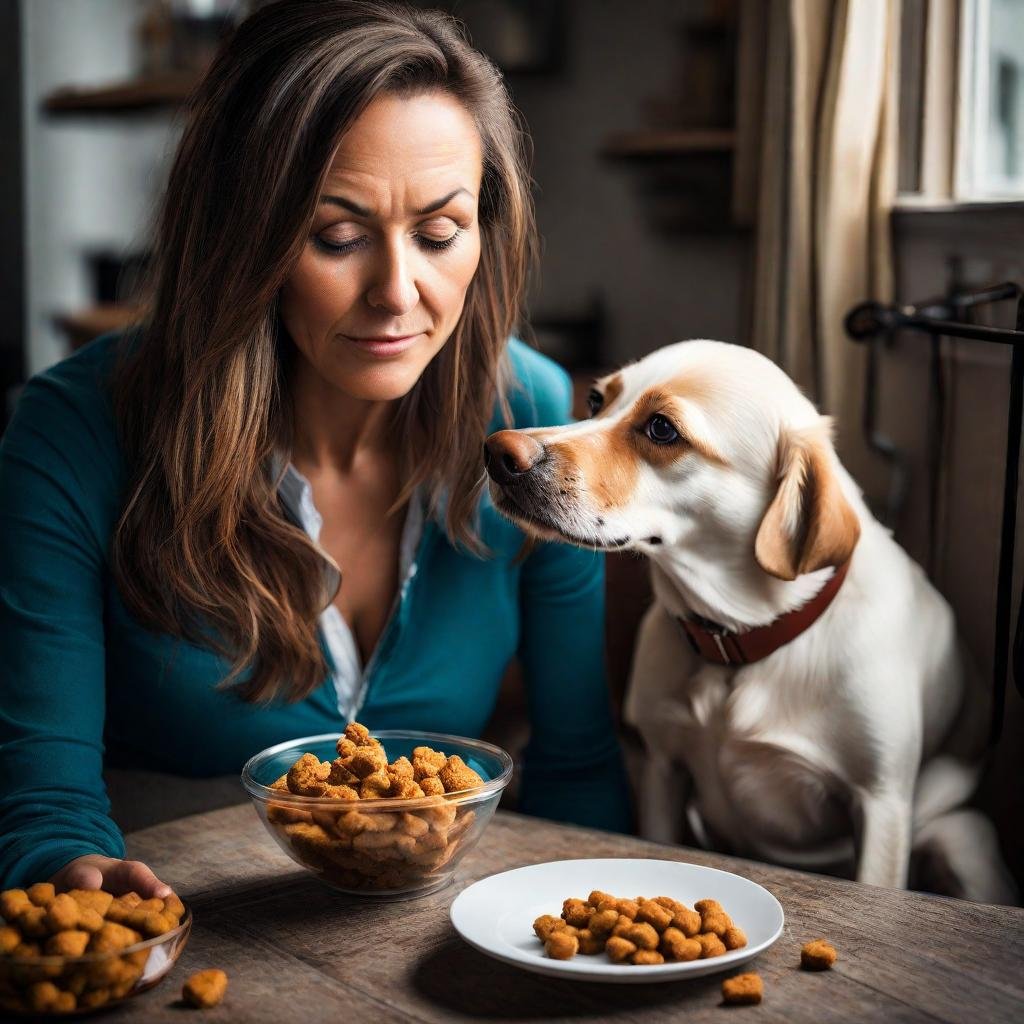
3. Psychological Association:
Dogs are highly trainable and learn through association. They quickly realize that treats are rewards for desired behaviors, creating a positive reinforcement loop that strengthens their preference for treats over regular meals.
4. Variety and Novelty:
Treats often offer novelty and variety, making them more exciting than the same old bowl of kibble. Dogs enjoy the sensory experience of trying new flavors and textures, which can make treats more appealing than their regular food.
Understanding these reasons can help you navigate your dog’s dining preferences and ensure they receive the nutrition they need, even if they seem more interested in treats than their regular meals.
## 4 of 5 ## Tips for Encouraging Your Dog to Eat His Food :
Unique Tips for Encouraging Your Dog to Eat His Food
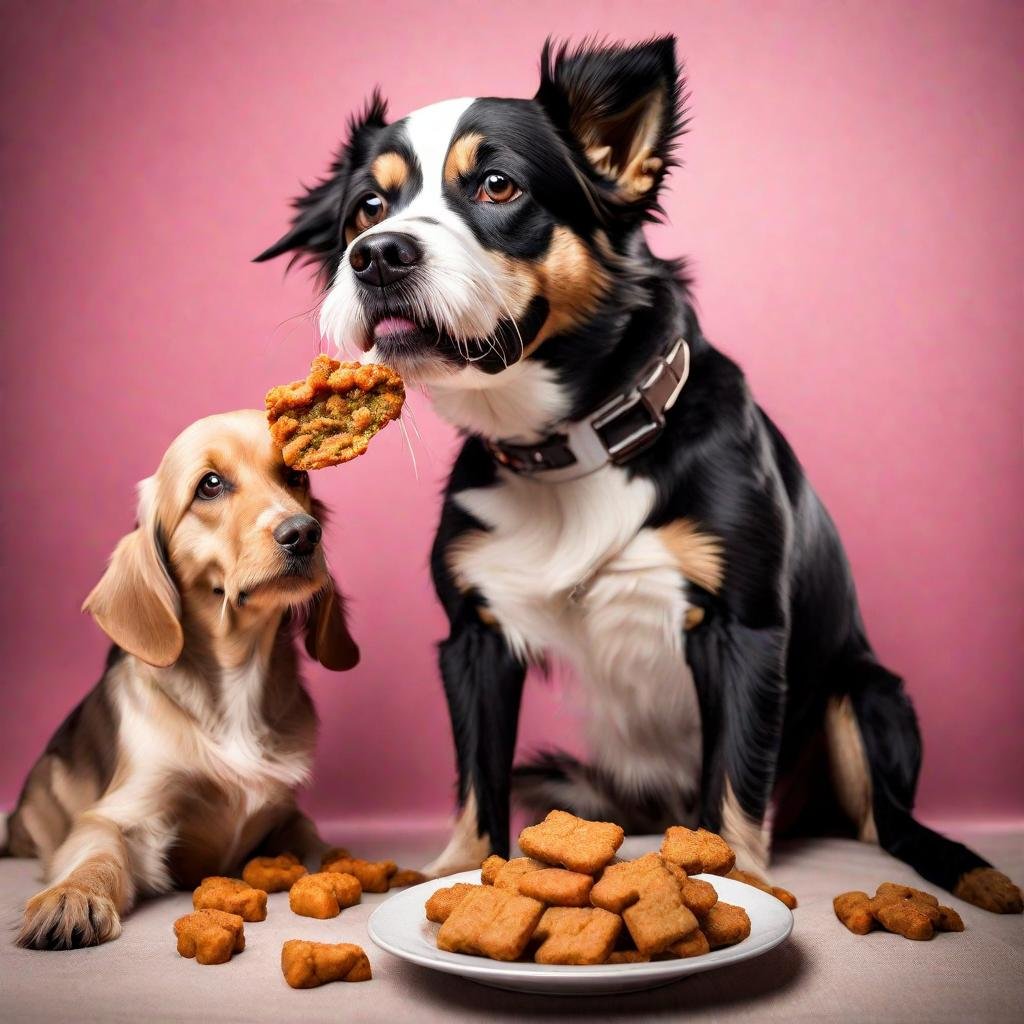
Is your furry friend turning his nose up at his food bowl but devouring treats with enthusiasm? Don’t worry, there are ways to encourage him to enjoy his regular meals:
1. Consult Your Veterinarian:
If your dog’s appetite changes suddenly or persists, it’s essential to rule out any underlying health issues. Your vet can provide valuable insights and recommendations tailored to your dog’s specific needs.
2. Gradual Food Transition:
Introduce new foods or changes in diet gradually to prevent digestive upset and help your dog adjust to the new flavors and textures.
3. Create a Positive Feeding Environment:
Make mealtime a pleasant experience by feeding your dog in a quiet, comfortable space free from distractions. Avoid creating stress or anxiety around mealtime, as this can deter your dog from eating.
4. Rotation of Food Options:
Keep mealtime exciting by rotating different flavors and types of food. This prevents boredom and ensures your dog receives a balanced diet while catering to his Taste preferences.
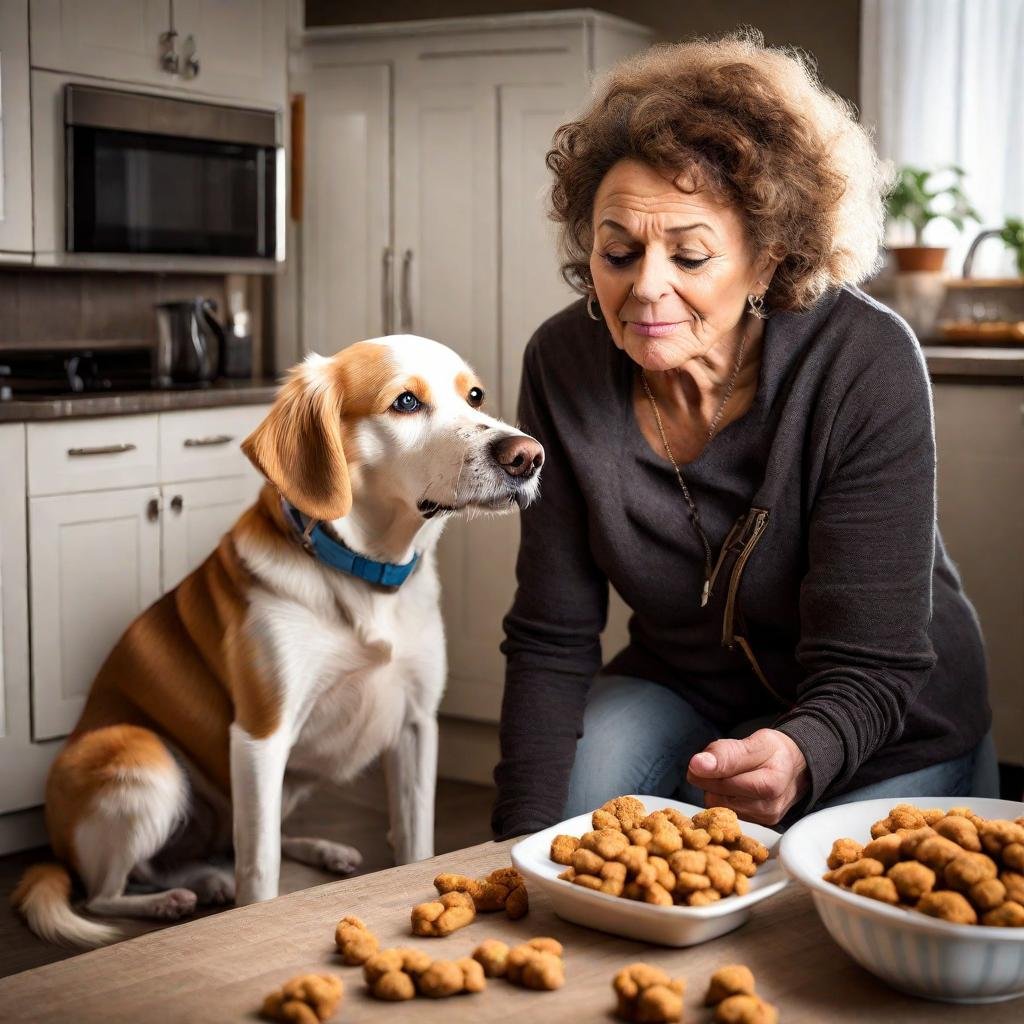
By implementing these tips, you can help your dog develop healthy eating habits and enjoy his meals as much as he enjoys his treats. Remember, patience and consistency are key when encouraging positive behaviors in your furry companion.
## 5 of 5 ## Important of Consistent Eating Habits for Dogs :
Unique Importance of Consistent Eating Habits for Dogs
Maintaining consistent eating habits is crucial for your furry friend’s health and well-being. Here’s why:
1. Nutritional Requirements:
Dogs, like humans, require a balanced diet to thrive. Consistent eating habits ensure they receive the necessary nutrients to support their overall health, growth, and energy levels.
2. Digestive Health:
Regular meals help regulate your dog’s digestive system, reducing the risk of gastrointestinal issues such as bloating, constipation, or diarrhea. Consistency in feeding times also promotes healthy digestion and absorption of nutrients.
3. Behavioral Stability:
Dogs thrive on routine and predictability. Consistent feeding schedules provide a sense of security and stability, reducing stress and anxiety related to mealtime.
4. Prevention of Food-related Issues:
Inconsistent eating habits can lead to picky eating behaviors, food aversions, and obesity in dogs. By establishing a regular feeding routine, you can prevent these issues and maintain your dog’s optimal weight and health.
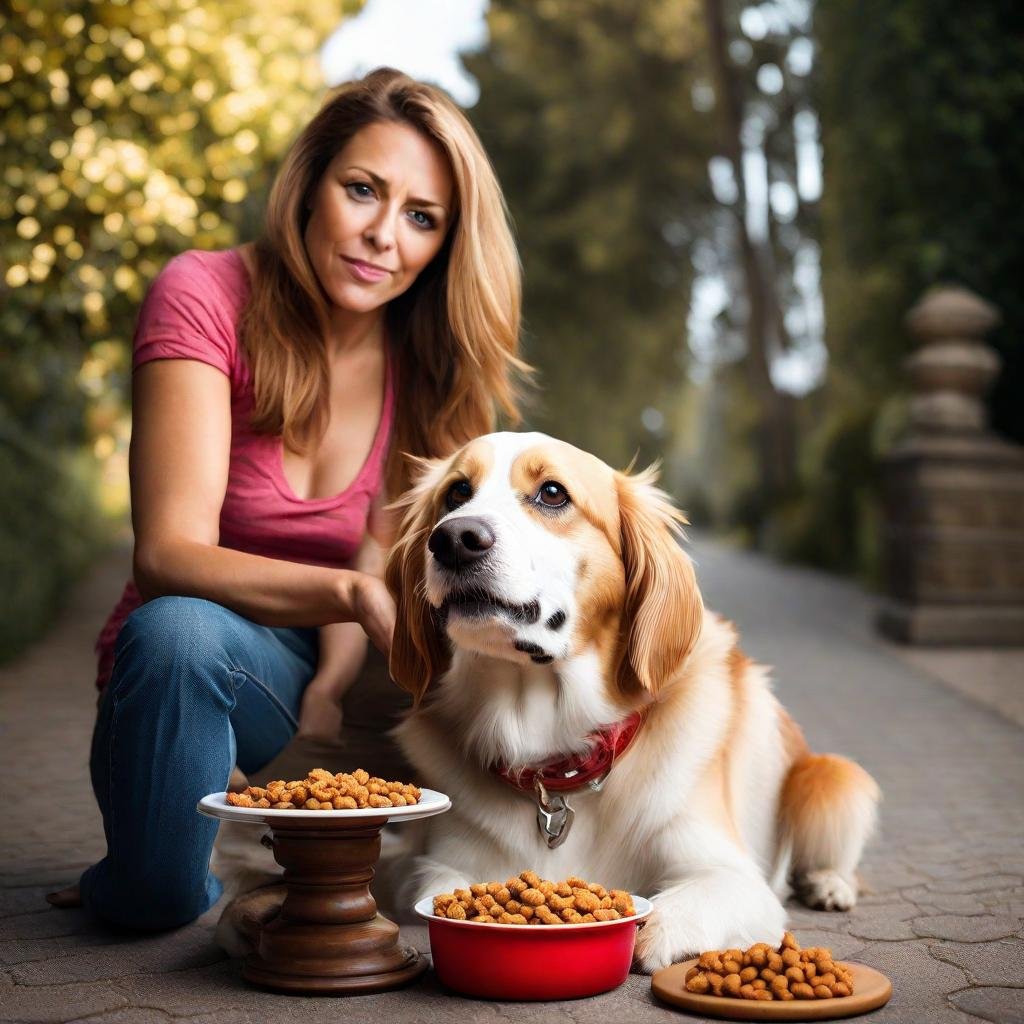
5.Monitoring Health:
Consistent eating habits make it easier to monitor your dog’s appetite and detect any changes or abnormalities early on. This allows for prompt intervention and veterinary care if necessary.
By prioritizing consistent eating habits for your canine companion, you ensure they lead a happy, healthy, and fulfilling life, where mealtime is a joyous occasion rather than a source of stress or frustration. Understanding “why is my dog not eating his food but will eat treats” can shed light on their preferences and behaviors, fostering a positive feeding environment for your beloved pet.
## Conclusion to why is my dog not eating his food but will eat treats ##
Unique Conclusion: Deciphering Your Dog’s Dining Dilemma
Understanding why your dog may prefer treats over regular meals is a puzzle worth solving. Through our exploration, we’ve uncovered the intricacies behind this curious behavior.
Remember, the question “why is my dog not eating his food but will eat treats” isn’t just about satisfying curiosity; it’s about ensuring your furry friend’s health and happiness. From health issues to psychological associations, there are various factors at play.
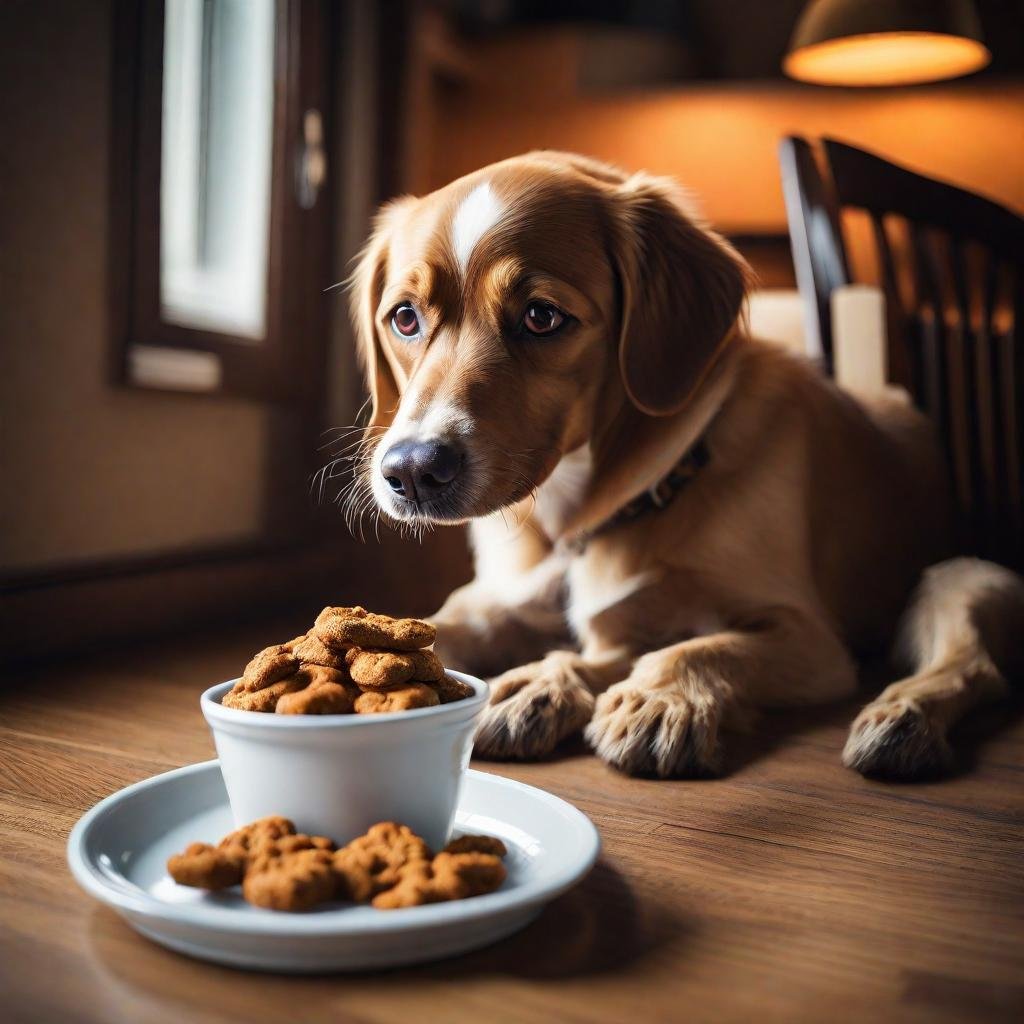
As responsible pet owners, it’s our duty to address these challenges with patience and understanding. By consulting veterinarians, gradually transitioning foods, creating positive feeding environments, and maintaining consistency, we can encourage healthier eating habits in our dogs.
Ultimately, the bond between you and your canine companion goes beyond mealtime preferences. It’s built on love, trust, and shared experiences. So, embrace the journey of unraveling your dog’s dining dilemmas, knowing that each discovery brings you closer together.
As you navigate the world of doggy dining, remember that your dog’s well-being is paramount. With care, attention, and a dash of patience, you can help your furry friend enjoy his meals as much as he loves his treats.
You can read this post Healthiest Dog Food
“Why Won’t Fido Touch His Bowl? Unraveling the Mystery of Dogs Preferring Treats Over Meals” ## Introduction ## Decoding Doggy Dining: Why Is My Pooch Turning Up His Nose at Dinner but Gobbling Treats? Have you ever found yourself puzzled by your furry friend’s finicky eating habits? It’s a common conundrum among dog owners: “Why…
Why does my dog seem to prefer treats over his regular food?

Dogs often associate treats with positive experiences, such as rewards during training sessions. The taste, texture, and novelty of treats can also make them more appealing than regular food.
Is it normal for my dog to skip meals occasionally?

Yes, occasional loss of appetite can be normal for dogs, especially if they’re not feeling well or experiencing changes in their environment. However, persistent loss of appetite may indicate underlying health issues and should be evaluated by a veterinarian.
How can I encourage my dog to eat his regular food?
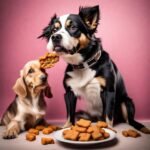
Gradually transitioning to new foods, creating a positive feeding environment, and maintaining consistency in feeding times can help encourage your dog to eat his regular food.
Are there specific health issues that can cause a dog to refuse his food

Yes, dental problems, digestive issues, illness, and underlying health conditions can all contribute to a dog’s refusal to eat his food. It’s essential to consult with a veterinarian to rule out any health concerns.
Can feeding my dog too many treats be harmful?

Yes, feeding your dog too many treats can lead to obesity, dental issues, and nutritional imbalances. Treats should be given in moderation and as part of a balanced diet.
